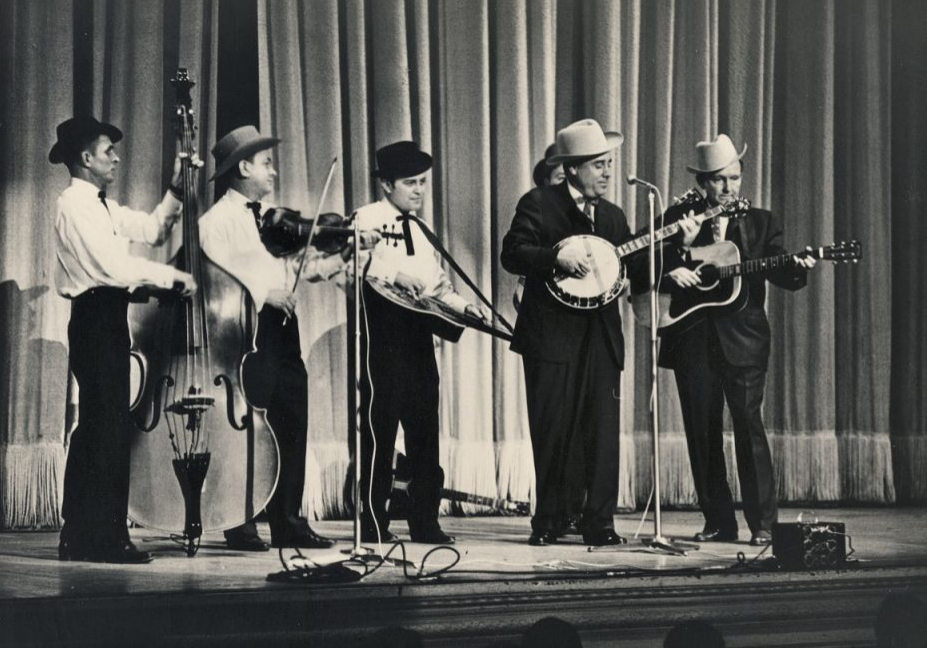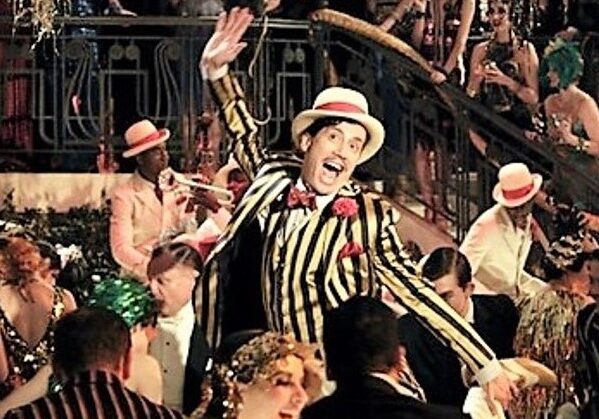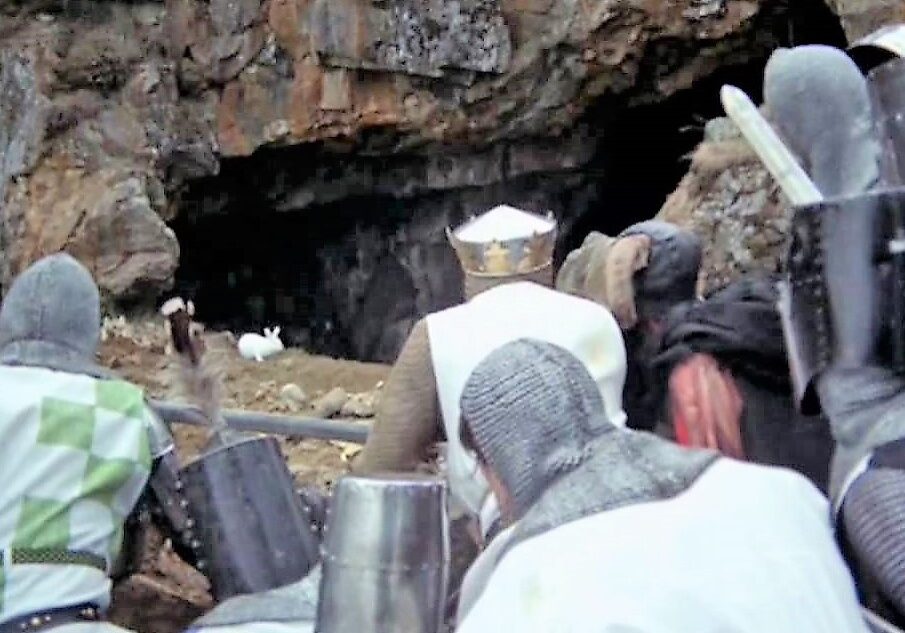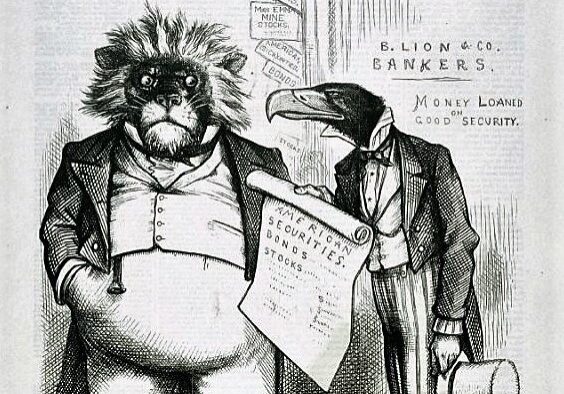I think that I see what IS when it comes to the current gerrymandering efforts in Texas and in California. I’d like to ask readers to figure out where I’m wrong and how we can avoid what seems to me to be the most likely outcome of this game.

Recent major media stories that feel to us like they’re part of a larger narrative campaign.
Recent major media stories that feel to us like they’re part of a larger narrative campaign.
The cure for the cancer of gun culture and police culture is not to be found in reform laws around guns and police, but in reform ideas around culture, ideas that create a new dimension of American society that rejects LARPing and LARPers alike.
Inflation
What made Bitcoin special is nearly lost, and what remains is a false and constructed narrative that exists in service to Wall Street and Washington rather than in resistance.
The Bitcoin narrative must be renewed. And that will change everything.
This Time Last Year
Sorry, we couldn't find any posts. Please try a different search.
Crypto
Recent Notes
The Two Rings
Two days. Three days tops.
That’s how long we have before our grief and rage is transformed into a politically useful symbol instead of action. Again.
Is Fed Independence Cooked?
New Epsilon Theory contributor Mike Smith delivers a tour de force history of Fed political ‘independence’ over the years, and how today’s Fed Putsch is both similar and different from years past.
The Intentional Investor #36: Jenny Rozelle
In this episode of The Intentional Investor, Matt Zeigler sits down with Jenny Rozelle—attorney, business owner, and host of the Legal Tea podcast—to explore her journey from small-town Indiana to running a thriving law firm with her husband. Jenny shares stories of persistence, mentorship, and building a business that doubles as a community asset. From stubbornness as a superpower to balancing cattle chores with client calls, this conversation blends humor, resilience, and hard-earned lessons about investing in both life and work.
So What, Now What?
I think that I see what IS when it comes to the current gerrymandering efforts in Texas and in California. I’d like to ask readers to figure out where I’m wrong and how we can avoid what seems to me to be the most likely outcome of this game.
The Intentional Investor #35: Devin Anderson
In this episode of *The Intentional Investor, Matt Zeigler sits down with Devin Anderson — CEO and co-founder of Convexitas — for a wide-ranging conversation on startups, trading desks, and the lessons learned from navigating crises. From working at an internet company in high school to winding down risk at Deutsche Bank’s “bad bank,” Devin shares an unfiltered look at technology, entrepreneurship, derivatives, and risk management.
The Intentional Investor #34: Rupert Mitchell
In this episode of *The Intentional Investor*, Matt Zeigler sits down with Rupert Mitchell—global capital markets veteran, writer, and founder of Blind Squirrel Macro—for a conversation that’s equal parts myth, markets, and meaning. From working on privatization deals in Cairo and Hong Kong’s ETF debut to reflections on career reinvention, cynicism in finance, and Norse mythology, Rupert brings a rare blend of depth, wit, and global experience. If you’ve ever wondered how a Spanish literature major ends up structuring billion-dollar deals—or how a squirrel from Norse myth can explain market dynamics—this one’s for you.
The Housing Market Truth (in Five Cool Charts)
Think of Perscient storyboards as a way to track narratives in real-time so you can see reality before the story catches up.
For example, here are five insights on the housing market from Matt Zeigler’s interview with Daryl Fairweather, chief economist at Redfin, that come alive with new meaning through the narrative-tracking power of Perscient storyboards.
The Gospel According to South Park
Amidst the chaos of the summer of COVID, Jeremy Radcliffe made the best bad parenting decision of my life when he let his 10-year-old son binge watch South Park.
Vertigo
There’s a moment of vertigo that takes place in the mind of every speaker, performer, artist, or public figure in that moment when you know that something is going wrong.
The Intentional Investor #33: John Stoj
In this episode of The Intentional Investor, Matt Zeigler sits down with John Stoj for a wide-ranging conversation that explores career reinvention, risk-taking, and the deeper purpose behind financial decisions. From an unexpected Wall Street entry via a summer internship, to launching a sushi business, to ultimately rethinking how investment advice should be delivered, John shares a journey filled with humility, humor, and hard-earned lessons.
Four Funerals and a Flood
In the face of unimaginable tragedy this month in Texas, Jeremy Radcliffe shares the inspirational stories of four beautiful departed souls and their families who have come together, leaning on one another and their communities as they begin to grieve.
Before the Flood
We have suffered a devastating flood in Texas.
I believe an even more devastating Flood is to come.
Now we must build an Ark of story. Now we must build an Ark of love.
Crouching Catcher, Hidden Value: The Unprecedented Cal Raleigh
In a ‘solved’ sport like baseball, an outlier comes around every now and then to challenge the order of things.
Shohei Ohtani did this. Cal Raleigh is doing it this season – as a catcher.
The Emperor’s New Prose
Most people can stomach actual cruelty. Feeling as if they are cruel, though?
When stories stop telling us what we need to be true, they break.
Shitholes, Sanctuaries, and Springfield
The present immigration debate is the product of three moments that changed common knowledge: the Shithole, the Sanctuary, and the Springfield Moments.
The False Gods of Our Feeds
New ET contributor Rohan Routroy takes a fascinating look at the role of ‘feeds’ in our lives, and what they’ve taken from us.
The Intentional Investor #32: Bryan Moore
Bryan Moore, host of The Active Advisor Podcast and veteran ETF trader, joins us to share his remarkable journey through trading pits, ETF desks, market crashes, and more — including putting on a trade for the Vatican. In this conversation, Bryan reveals how embracing discomfort, risk, and uncertainty has been the key to his success in markets and life. From the trading floor to intentional investing, you’ll learn how to rethink risk, growth, and your investing mindset.
The Words Behind the War
I want to show you what ‘mobilizing narrative support’ looks like, as measured by our revolutionary Perscient technology and as understood by someone who has spent the past 35 years studying, writing and teaching about this stuff.
How to Build the Perfect City
Epsilon Theory contributor and all-around good human Chris Arnade pauses from walking the world to take a first cut at a grand unified theory of urban planning!
The Intentional Investor #31: Andrew Mack
From bagpipes to bouncing to betting markets, Andrew Mack’s journey to becoming a successful trader and sports bettor is anything but conventional. In this deeply personal and wide-ranging conversation, Andrew opens up about the detours, doubts, and decisions that shaped his unlikely path from rural Canada to algorithmic trading. Along the way, he shares what working in oil fields, selling used cars, and studying sociology taught him about risk, discipline, and finding conviction in uncertainty. This is a story about reinvention, self-reliance, and the grit it takes to build your own edge from scratch.

Do you know Anna Goldfarb? She’s a journalist, speaker, and author of “Modern Friendship: How to Nurture Our Most Valued Connections” who has spent over a decade reporting on the psychology and mechanics of friendship.
If not, allow me to introduce you. She’s transformed her expertise from writing hundreds of articles about relationships into a comprehensive understanding of why friendships thrive or fade in modern life. I wanted to connect with her because she embodies something I value deeply: the ability to turn personal curiosity into systematic knowledge that helps others navigate uncertainty.
Our conversation is LIVE now on the Just Press Record YouTube channel (and this Cultish Creative Playlist). Listen and you’ll hear how she reframes friendship through water metaphors, why modern friendship is like shopping while hungry, and her powerful story about missed connections and legacy.
Read more at cultishcreative.com
When I burned out, or, more specifically, when I gave up on churning myself in an effort to make a go at the music industry, I wanted to hide from all of my old friends. I couldn’t cope with the failure. I couldn’t cope with the flags I had planted and things I said I believed and – I felt ridiculous. So I cooped up. I hid out.
I threw myself off of what friendship expert Anna Goldfarb calls “the friendship cliff.” And I did it in my mid-20s. Learning that some unique experience of your life has an even pop-clinical type name for how common it is, is such a weird experience. But I knew it wasn’t just me, too.
I watched, or at least heard about, how a lot of my friends would go over their cliffs later, often around 30, which – why do I always have to be so early or so late to everything, argh – but instead of friends just drifting away, I put myself on an island with scarcely a ball named Wilson to talk shop with out of shame, guilt, and a pretty depressing amount of confidence.
But we’re not here for that story. I’m here because of that story. I’m here because when I started trying to climb out of that pit, I found out that friendship isolation rarely happens in a vacuum. Instead, it happens when we’re most uncertain about who we are and where we’re going.
As it turns out, there’s actual research backing up both the timing and the underlying psychology of why this happens to so many of us, proactively or passively.
Like I said before, Anna Goldfarb is a friendship expert. She literally wrote the book, “Modern Friendship: How to Nurture Our Most Valued Connections” – and I was unsurprised to find that most people don’t experience a gradual decline in friendships, they experience a cliff’s edge that they either jump off of or fall down. In all cases, it sucks.
The “normal” way this goes is – your friends stop being your primary relationships, and as spouses (or, ahem, let’s just call some of them “miscellaneous crazy people”) and jobs and kids and LIFE takes over, those new characters become the new primaries. And, they’re supposed to come first. It’s supposed to work more or less like this. It’s just math.






















































